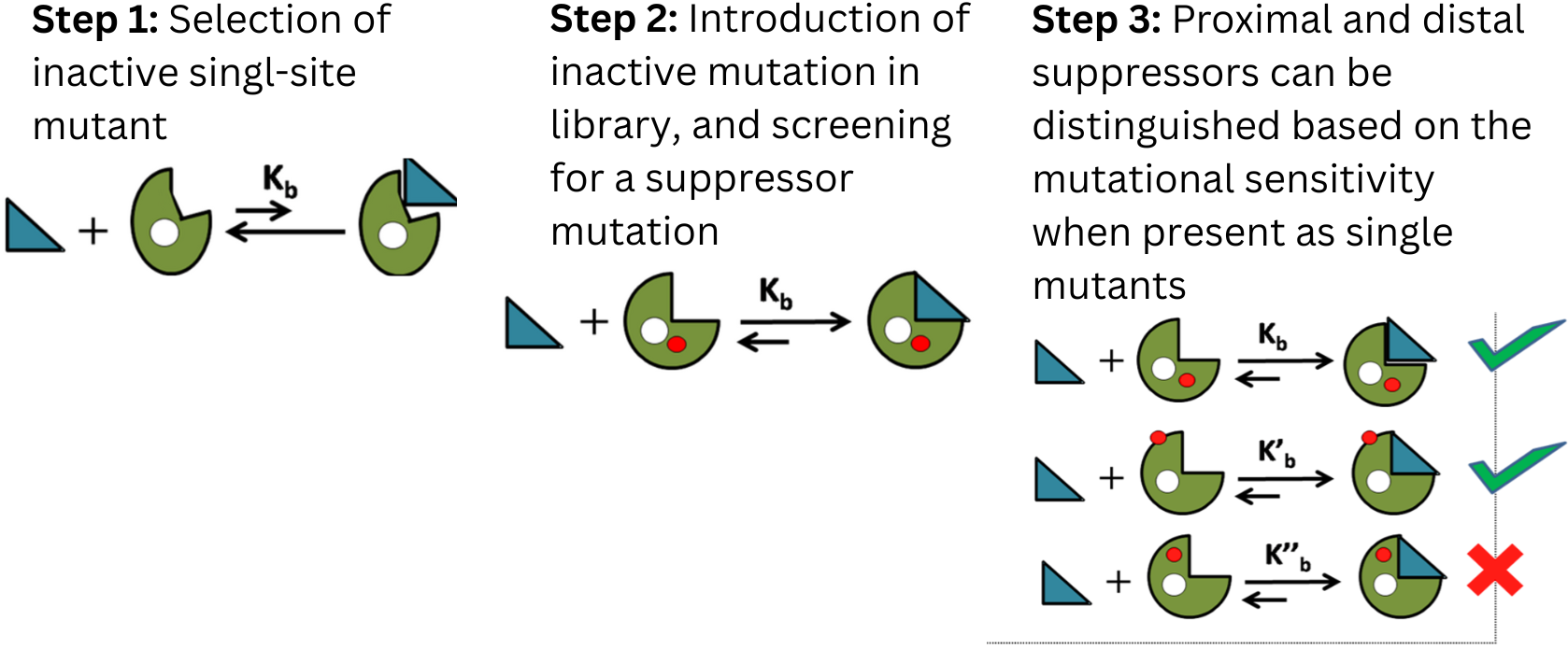By using its core capability of structure-based protein stabilization and engineering, Mynvax designs and develops novel vaccine immunogens. These typically include engineered forms of the major viral surface proteins, such as hemagglutinin of the influenza virus or the spike glycoprotein of SARS -CoV-2.
Our patented know-how involves isolation of stabilized mutants of the candidate immunogen either using rational design or from saturation libraries using surface display or other genetic screens, coupled to deep mutational scanning. Putative stabilized immunogens are expressed in a variety of hosts and biophysically characterized for antigenicity, stability, and thermotolerance. Down selected immunogens are rigorously tested in several animal models such as mice, hamsters, guinea pigs, ferrets and non-human primates for immunogenicity and where possible, protective efficacy. Based on this collective data, the final candidate is chosen, and a manufacturing method and appropriate potency assays are developed to support release of the vaccine candidates to meet regulatory requirements. GLP safety toxicity studies and GMP batches are then produced for advancing the vaccine candidates.
The final antigens are further evaluated in multiple expression systems to identify a suitable manufacturing platform, and these include mammalian, P. pastoris and insect cells. A manufacturing method for the novel antigens is then developed and optimized for enhanced expression and recovery of pure antigens and appropriate potency assays are developed to support release of the vaccine candidates to meet regulatory requirements; GLP safety toxicity studies and GMP batches are then produced for advancing the vaccine candidates.
Mynvax is currently working on two major vaccine programs:
- A multivalent vaccine against the human influenza virus.
- A broadly protective vaccine effective against SARS-CoV-2 and its variants of concern.
Mynvax’s novel recombinant engineered protein subunit vaccines have proven to be safe and efficacious in pre-clinical studies and will be tested in human clinical trials in various geographies in 2023.
